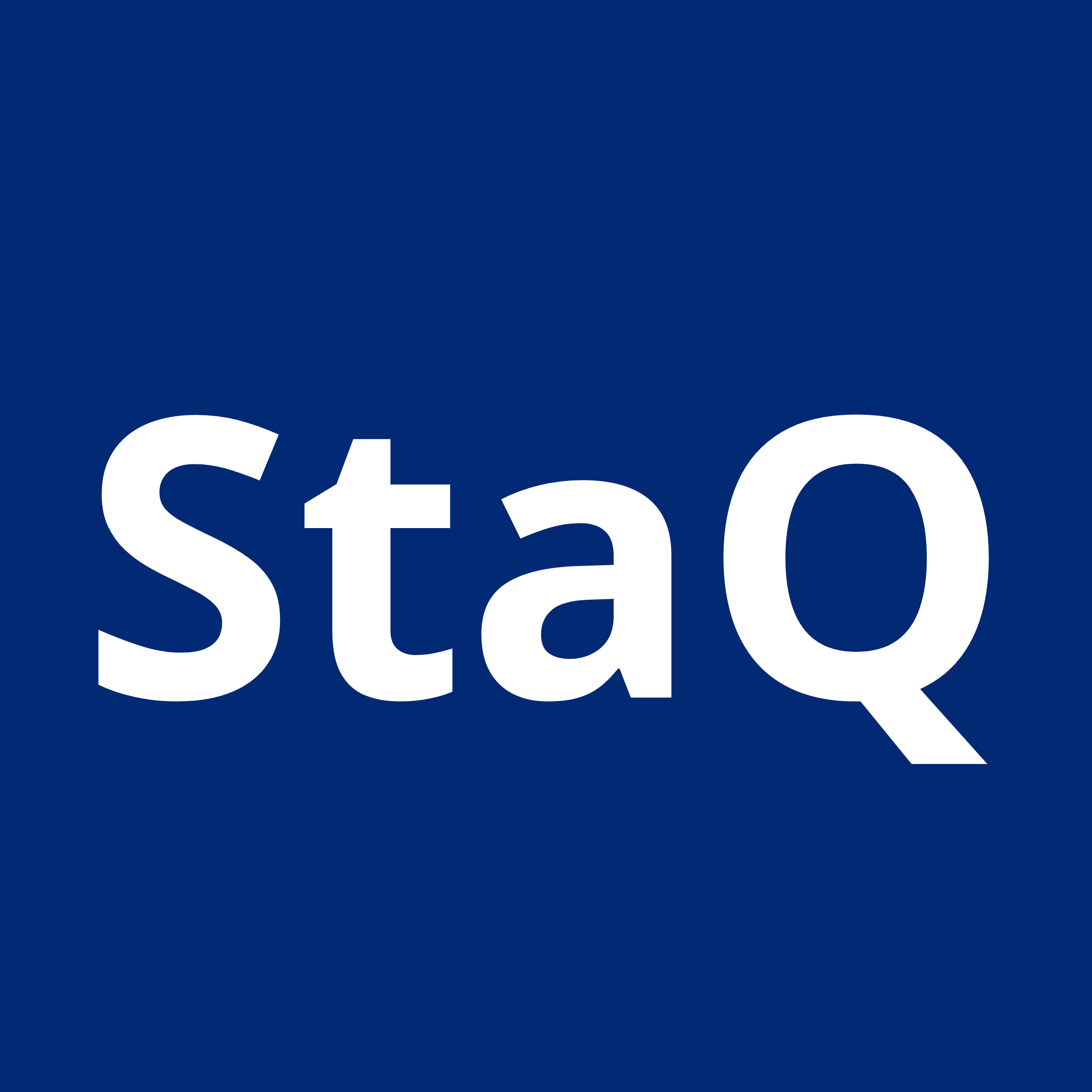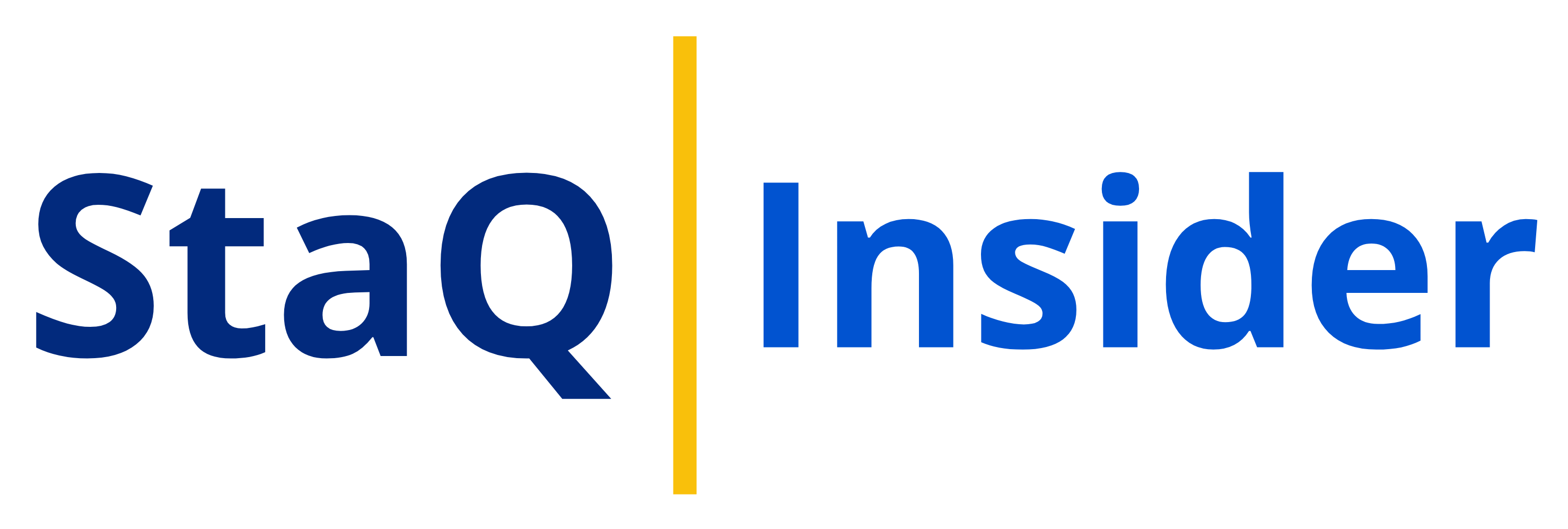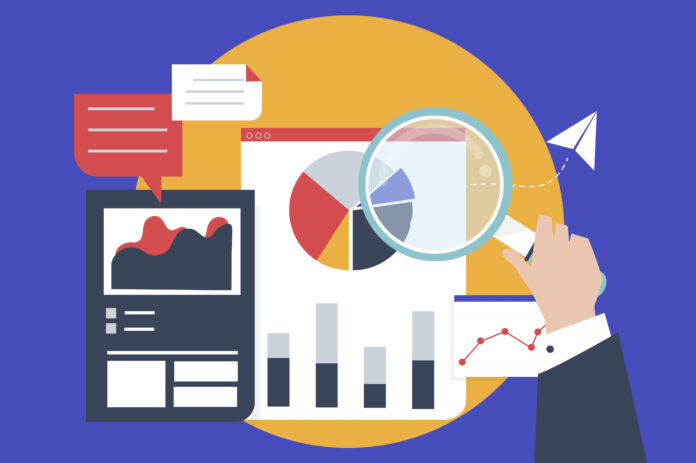Staying compliant with industry regulations is a never-ending challenge for businesses. Failure to meet compliance requirements can result in hefty fines, legal battles, and irreparable damage to your brand’s reputation. That’s where regulatory compliance software comes in. It streamlines the entire compliance process, making it easier to manage risk, maintain audit trails, and generate detailed reports on demand.
Whether you’re gearing up for an upcoming audit or simply want to fortify your compliance efforts, investing in the right regulatory compliance software is a game-changer.
What is a Regulatory Compliance Software?
Regulatory Compliance Software is a tool that helps organizations adhere to laws, rules, and guidelines set by authorities within a specific industry or jurisdiction. It simplifies compliance by streamlining validation, resolving remote access challenges, and providing features like controlled workflow, electronic signatures, watermarks, and audit trails.
Regulatory Compliance Software ensures that organizations operate within the legal framework, meeting standards, and fulfilling obligations relevant to their operations, including financial practices, data protection, safety protocols, and environmental concerns. By using such software, businesses can mitigate risks, avoid penalties, foster trust with stakeholders, and ensure ethical and lawful operations.
Is Regulatory Compliance Software Worth the Investment?
Regulatory compliance software can be a valuable investment for businesses of all sizes. Here’s why:
-
Cutting Costs: Automating compliance tasks reduces errors and the risk of fines.
-
Boosting Efficiency: Streamlining workflows frees up time for strategic work, enhancing productivity.
-
Customizing Solutions: Tailored compliance software can adapt to specific industry regulations and company needs.
-
Facilitating Audits: Compliance software streamlines audit preparations and enhances audit trails.
-
Managing Risks: Proactively identifying and addressing regulatory risks prevents costly issues.
-
Simplifying Reporting: Generating accurate and complete compliance reports is made easy.
-
Staying Updated: Some software ensures businesses remain informed about regulatory changes.
-
Increasing Transparency: Access to real-time data facilitates transparency in compliance processes.
-
Improving Collaboration: Collaboration features within the software promote cross-departmental cooperation on compliance matters.
-
Providing Peace of Mind: Compliance software cultivates a stress-free, compliant culture within organizations.
What are the Risks of Not Using Regulatory Compliance Software?
Not using a Regulatory Compliance Software can expose an organization to several risks, including:
-
Monetary Penalties: Non-compliance can result in fines, legal fees, or even prison time.
-
Reputational Damage: Incidents of regulatory non-compliance can negatively impact an organization’s reputation.
-
Loss of Revenue: Non-compliance can lead to financial losses due to legal and reputational damage.
-
Regulatory Changes: Failing to stay abreast of regulatory changes can lead to non-compliance.
-
Inefficient Compliance Management: Managing compliance without dedicated software can lead to poor visibility into compliance progress.
-
Lack of Standardization: Without a standardized process for managing compliance risk, organizations may struggle to apply a uniform approach.
-
Increased Compliance Costs: Ignoring proactive compliance can result in businesses paying for compliance through reputational issues.
-
Potential Business Disruption: Governments may regulate an entire organization out of business in extreme cases.
How to Choose the Right Regulatory Compliance Software for Your Business?
Selecting the right regulatory compliance software involves understanding your specific needs and evaluating features offered by various vendors. Here’s a roadmap to guide you through the process:
-
Identify Your Needs:
-
Industry Regulations: Pinpoint the regulations relevant to your business sector. Different industries have varying compliance requirements.
-
Company Processes: Evaluate your current compliance workflows and identify areas for improvement.
-
Pain Points: Recognize the challenges you face in managing compliance, such as data overload or inefficient reporting.
-
-
Prioritize Features:
-
Compliance Coverage: Ensure the software covers the regulations you need to comply with.
-
Automation Capabilities: Look for features that automate tasks like data collection, reporting, and risk assessments.
-
Scalability: Consider the software’s ability to adapt to your growing needs and future regulations.
-
Ease of Use: The software should be user-friendly for your staff, regardless of their technical expertise.
-
Data Security: Robust data security measures are crucial to safeguard sensitive information.
-
Reporting and Analytics: The software should generate comprehensive reports and provide data insights for better decision-making.
-
-
Research and Compare Vendors:
-
Shortlist Vendors: Based on your needs and priorities, identify software vendors that cater to your industry and company size.
-
Compare Features and Pricing: Evaluate the software’s functionalities, pricing models, and any additional costs like implementation fees.
-
Read Reviews and Testimonials: Gain insights from other businesses that use the software to understand their experiences.
-
-
Free Trials and Demos:
-
Take Advantage of Trials: Many vendors offer free trials or demos, allowing you to test the software’s usability and suitability for your needs.
-
Ask Questions: Don’t hesitate to ask vendors questions about the software’s capabilities and support services.
-
-
Implementation and Training:
-
Choose a Vendor with Implementation Support: A smooth implementation process is essential for successful software adoption.
-
Invest in User Training: Ensure your staff receives proper training on using the software effectively.
-
By following these steps, you can choose regulatory compliance software that streamlines your processes, minimizes risks, and ensures your business stays on the right side of regulations.
Key Features to Look for in Regulatory Compliance Management Software
Regulatory compliance management software can be a valuable asset for businesses of all sizes. Here are some key features to look for when choosing a regulatory compliance management software:
-
Document Management: A centralized database for storing and managing compliance-related documents.
-
Compliance Monitoring and Tracking: Automated tracking of regulatory changes and real-time alerts.
-
Automated Workflows: Streamlined processes for managing compliance tasks, and reducing errors.
-
Role-Based Access Control (RBAC): Regulation of user access to sensitive data.
-
Centralized Data Storage: Consolidation of compliance-related data for easy retrieval.
-
Regulatory Updates: Real-time notifications on legal and regulatory changes.
-
Customizable Dashboards: Tailored interfaces for focusing on relevant compliance information.
-
Integration Capabilities: Compatibility with other systems such as your ERP or CRM system for efficient workflows.
-
Audit Preparation: Features that simplify report generation for audits.
-
Scalability: Adaptability to evolving business needs and regulatory requirements.
Top Regulatory Compliance Software Companies to Consider for Your Business
Here is a list of 10 Regulatory Compliance Software Companies to Consider for Your Business:
-
Enzuzo
-
Enzuzo (https://www.enzuzo.com/) offers a global automated legal and regulatory compliance management solution to help businesses meet exacting standards.
-
Features: Risk assessments, compliance calendars, automated task management, reporting, and training.
-
Pros: Easy to use, comprehensive features, affordable pricing.
-
Cons:May not be suitable for very large organizations.
-
-
Vanta:
-
Vanta (https://www.vanta.com/) is a comprehensive regulatory compliance software that aids businesses in managing their security and compliance requirements effectively.
-
Features: Automated compliance monitoring, real-time security reviews, visibility into risk areas like access, assets, vendors.
-
Pros: Automates evidence collection, expedites compliance, enables faster deals, frees up teams, enhances security measures, builds client trust, shortens sales cycles.
-
Cons: May not suit general compliance needs beyond IT security management.
-
-
OneTrust
-
OneTrust (https://www.onetrust.com/) is an industry leader in compliance software, offering a comprehensive suite of solutions to help businesses manage privacy, data security, ethics, and ESG (environmental, social, and governance) compliance.
-
Features: Privacy management, data governance, risk management, ethics and compliance, and ESG management.
-
Pros: Highly scalable, comprehensive features, strong integrations with other business systems.
-
Cons:Can be expensive for small businesses.
-
-
BigID
-
BigID (https://bigid.com/) is a data intelligence platform that helps businesses discover, classify, and govern their sensitive data. This can be essential for compliance with data privacy regulations such as GDPR and CCPA.
-
Features: Data discovery, data classification, data masking, and access controls.
-
Pros: Helps businesses identify and manage their data risks, improves data privacy compliance.
-
Cons:Can be complex to set up and use.
-
-
Ketch
-
Ketch (https://www.ketch.com/privacy-policy) is a regulatory change management platform that helps businesses identify, track, and implement regulatory changes.
-
Features: Regulatory change tracking, impact assessment, task management, and reporting.
-
Pros: Easy to use, helps businesses stay on top of regulatory changes, improves compliance efficiency.
-
Cons:May not be suitable for very complex regulatory environments.
-
-
TrustArc
-
TrustArc (https://trustarc.com/) offers a variety of compliance solutions, including data privacy management, risk management, and security awareness training.
-
Features: Data privacy management, risk management, security awareness training, and incident response.
-
Pros: Comprehensive suite of solutions, strong customer support.
-
Cons:Can be expensive for small businesses.
-
-
Chainalysis
-
Chainalysis (https://www.chainalysis.com/) is a blockchain data platform that helps businesses identify and mitigate cryptocurrency-related risks, such as money laundering and terrorist financing.
-
Features: Crypto transaction monitoring, sanctions screening, and compliance reporting.
-
Pros: Leading provider of blockchain compliance solutions, helps businesses mitigate financial crime risks.
-
Cons:Focuses on cryptocurrency compliance, not suitable for all businesses.
-
-
Ascent Regtech
-
Ascent regtech (https://www.ascentregtech.com/about-us/) is a provider of regulatory reporting solutions for the financial services industry.
-
Features: Regulatory reporting, data management, and analytics.
-
Pros: Deep expertise in financial services regulations, helps businesses automate regulatory reporting.
-
Cons:Limited to the financial services industry.
-
-
Forter
-
Forter (https://www.forter.com/) is a fraud prevention platform that uses machine learning to identify and block fraudulent transactions.
-
Features: Fraud detection, fraud prevention, and chargeback management.
-
Pros: Highly effective fraud prevention solution, helps businesses reduce financial losses.
-
Cons: Focuses on fraud prevention, not a general compliance solution.
-
-
Hummingbird
-
Hummingbird (https://www.hummingbird.co/) is a regulatory intelligence platform that helps businesses identify and understand regulatory requirements.
-
Features: Regulatory change tracking, impact assessment, and compliance training.
-
Pros: Helps businesses stay ahead of regulatory changes, improves compliance awareness.
-
Cons:May not be as comprehensive as some other compliance software solutions.
-
Remember, the best choice depends on your specific industry, compliance needs, and company size. It’s wise to research these vendors and compare features, pricing, and user reviews before making a decision. Transform your software purchasing experience effortlessly with StaQ.ai – the ultimate destination for simplicity, speed, and success. Explore the comprehensive software marketplace today.
How to Implement a Regulatory Compliance Software in Your Organization?
Implementing a regulatory compliance software involves key steps:
-
Identify legal requirements: Understand industry-specific regulations (e.g., HIPAA for healthcare, SOX for finance).
-
Assess current compliance: Review policies, past issues, and identify gaps.
-
Align with business objectives: Gain executive buy-in by linking compliance benefits with business goals.
-
Select a management model: Choose a model tailored to your culture, size, and regulatory environment.
-
Develop a framework: Translate needs into clear policies, roles, and responsibilities.
-
Monitor and update: Implement mechanisms for monitoring, regular reviews, and updates.
-
Measure effectiveness: Track KPIs and audit feedback to assess impact.
-
Utilize compliance software: Automate tasks, monitor risks, and generate reports (e.g., Connecteam).
-
Engage all teams: Document actions for regulators’ understanding.
-
Manage risk: Establish governance frameworks and evidential documentation.
-
Plan go-live: Test scenarios and prepare contingency plans.
-
Provide tailored training: Personalized sessions for end-users to understand software benefits.
Following these steps mitigates risks and ensures effective compliance, avoiding penalties and reputational damage.





